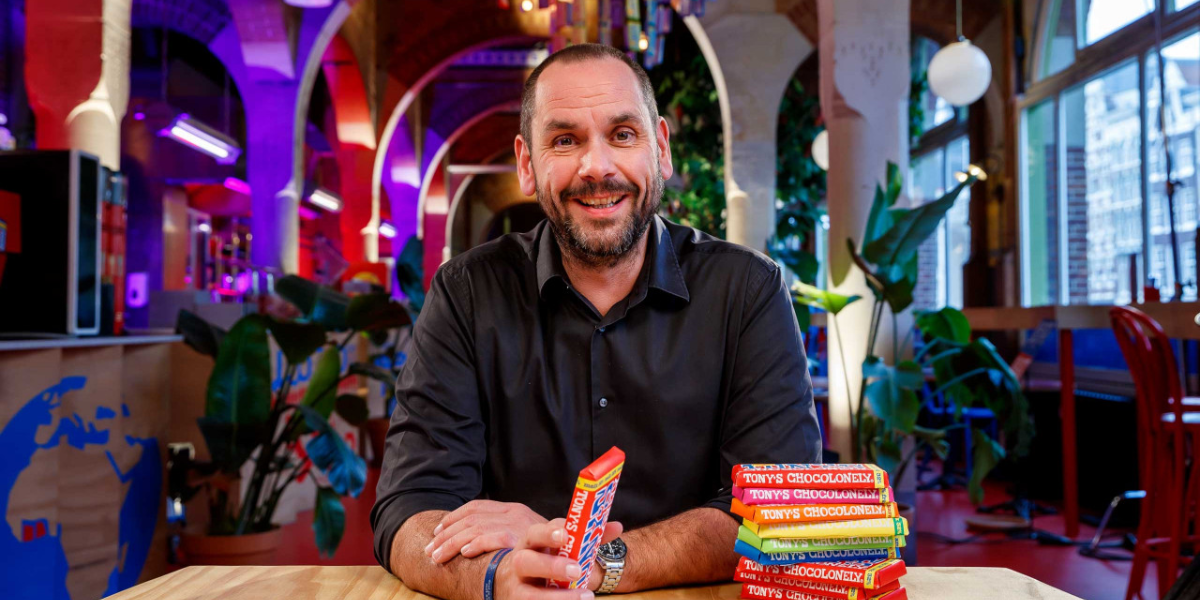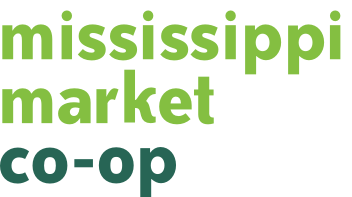
Transforming the Cocoa Industry: How Tony’s Chocolonely Leads the Charge
The cocoa industry, where most cocoa is produced by over two million farmers in West Africa, faces numerous social and environmental challenges. Many of these farmers live in poverty and are often involved in exploitative practices like child labor. The current supply chain system, driven by cost-efficiency, alienates its participants and perpetuates these practices.
Building a Collaborative Supply Chain
Tony’s journey began with a simple yet profound goal: to create 100% slavery-free chocolate. To achieve this, they recognized the need to transform the fragmented supply chain into a collaborative environment where social and environmental goals align with profit-driven motives. They started by fostering closer connections between all supply chain participants.
One of their key strategies is engaging co-op managers in the oversight of their supply chain. By providing them with access to a shared digital platform, they ensure transparency and accountability in tracking bean shipments and deliveries. Their annual meetings bring together farming co-ops, NGOs, and other supply chain players to review the previous season, align plans for the upcoming season, and discuss market risks and opportunities. This inclusive approach turns disconnected actors into engaged participants, making them feel like partners in a unified system.
Implementing Responsible Business Practices
To promote responsible business practices and improve the livelihoods of cocoa farmers, Tony’s established their Five Sourcing Principles. These principles are designed to lift farmers out of poverty and eliminate child labor.
- Traceable Cocoa Beans: Tony’s Chocolonely ensures that their cocoa beans are 100% traceable back to the source, unlike the standard practice in the cocoa industry where beans are mixed up in an anonymous pile. They track their beans from farm to bar, enabling Tony’s to verify the social and environmental conditions under which the cocoa beans are produced.
- Higher Price: Tony’s pays cocoa farmers a higher price, aiming to enable them to earn a living income. They work with Fairtrade to calculate the Living Income Reference Price (LIRP), which is higher than the standard farmgate price of cocoa. Tony’s adds a premium to bridge the gap between the LIRP and the standard price.
- Strong Farmers: Tony’s only works with farmer cooperatives, believing that farmers are stronger together. Farmer cooperatives empower farmers to represent themselves, leading to structural changes in the cocoa chain.
- The Long Term: Tony’s commits to buying cocoa beans from farmers for a 5-year period, providing stability and allowing farmers to make long-term investments in their farms. The contracts are one-sided, allowing farmers to break them at any time without consequence.
- Improved Quality and Productivity: Tony’s invests in agricultural knowledge and skills training to help farmers improve the quality and productivity of their farms. Better quality beans can be sold for a higher price, contributing to increased income for farmers while minimizing environmental impact.
By implementing these five sourcing principles, Tony’s Chocolonely aims to address the poverty that leads to exploitation of cocoa farmers and hopes to inspire other companies to adopt similar practices through Tony’s Open Chain initiative.
The results speak for themselves. In 2020–2021, the International Cocoa Initiative detected child labor in just 4.4% of their co-ops’ member farms, compared to 52.8% in non-partnering co-ops. Additionally, the average income for farmers within their co-ops has more than doubled after three years.
Collaboration Over Competition
Addressing complex issues like child labor requires collaborative efforts beyond traditional competitive business practices. Competition alone cannot solve challenges such as child labor or CO2 reduction; these require collective action from all stakeholders.
To this end, they launched the Open Chain platform, inviting other companies to adopt their principles and collaborate for greater impact. Participants, including Ben and Jerry’s, joined them in sharing knowledge, tools, partners, infrastructure, and communications at cost price, amplifying their collective impact.
Leading the Way Forward
Tony’s is demonstrating that even a relatively small brand can drive positive change in a commodity industry fraught with social and environmental challenges. Their experience shows that by transforming disconnected supply chains into collaborative, transparent networks, business results can align with social impact, lifting people out of poverty and addressing injustices.

